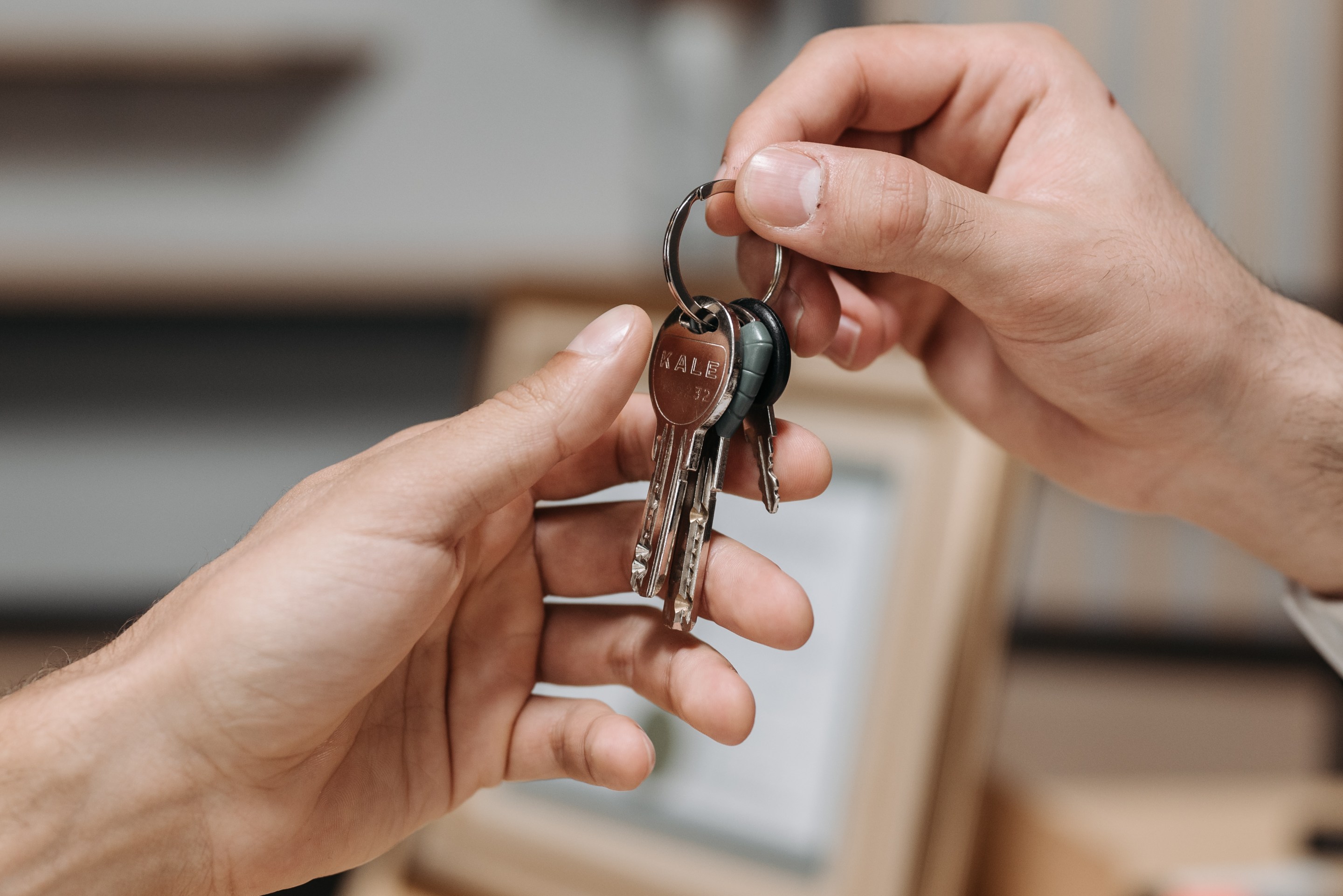The key to getting drivers to try other modes isn’t convincing them that taking the bus is a better option; it’s prompting them to explore their travel options months before a major life change shakes up their ingrained travel routines, a new study suggests.
Experts in mobility psychology have long maintained that our travel habits are so deeply ingrained that only major transitions in our lives encourage us to change the way we get around – which helps explain why Americans don’t always drive less even when gas prices soar or a great new bus rapid transit line gets installed just a block away from home. It’s also why transit officials in Pittsburgh send new homeowners free bus tickets in the mail, and why agencies across the country partner with residential colleges to give students info on discounted fare programs during freshman orientation.
Now, in a fascinating new paper published in the Journal of Urban Mobility, researchers surveyed 250 people in Cape Town, South Africa who had recently experienced a so-called “habit-breaking stressor” — think starting a new job across town, or enrolling a child in a new school around the corner — and discovered that even early interventions may be too late.
Respondents who had moved to new homes or gotten new jobs started contemplating how they’d get there an average of two months before they actually made the switch, poring over routes and schedules and calculating transfer costs even if they belonged to low-income households with no choice but to take transit. (Less surprisingly, respondents who experienced the “stressor” of getting a car for the first time were pretty likely to drive it, and they only got one after multiple weeks of thinking about it first.)
So that surprisingly lengthy deliberation process may be policymakers’ best opportunity to influence mobility choices — and maybe, tempt drivers to try other ways of getting around.
“Targeting commuters immediately after a stressor occurs – e.g., new homeowners, new employees, and new school parents – misses the ‘window of opportunity’ to influence deliberative decisions and the formation of new more desirable habits,” the researchers wrote.
If that finding holds true in a U.S. context, it implies that a whole swath of Americans hold the power to influence how their neighbors get around without even realizing it.
Realtors and rental brokers, for instance, might give their clients tips on the best walking routes to the closest grocery store months before they close on the mortgage or sign the final lease; elementary schools could invite parents to explore sending their kids to school on the bike bus in the fall before the summer’s even begun; OBGYNs and birth coaches and nonprofits that work with expectant parents could direct moms-and-dads-to-be towards resources about how to safely travel with a stroller on the bus, and do it midway through a pregnancy, rather than waiting until their bundle of joy arrives.
And someday, policymakers might actually require those people to provide gentle nudges towards sustainable modes, at the inflection points in our lives when it matters the most.
“These decision-makers need to be targeted before the occurrence of predictable stressors,” the researchers added. “It is house-seekers, job-seekers, school-seekers, etc., rather than new homeowners, new employees, new school parents, etc., who need to be targeted.”






